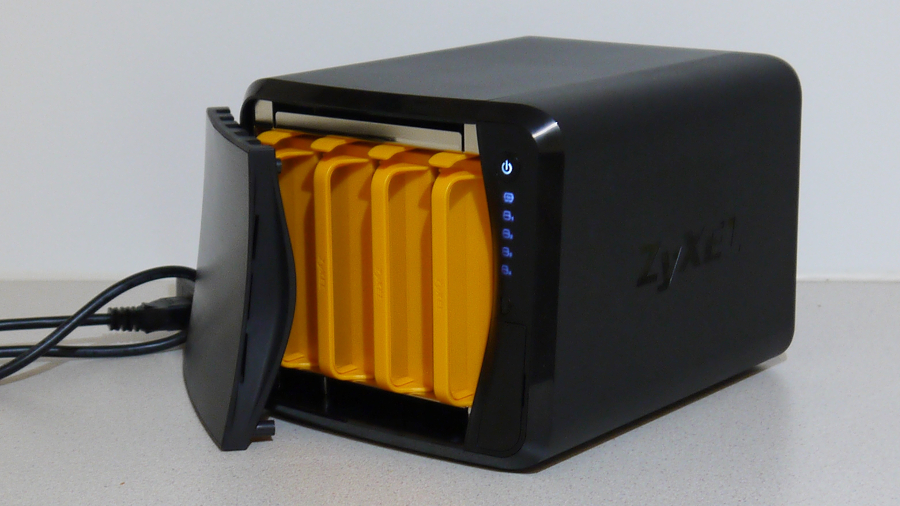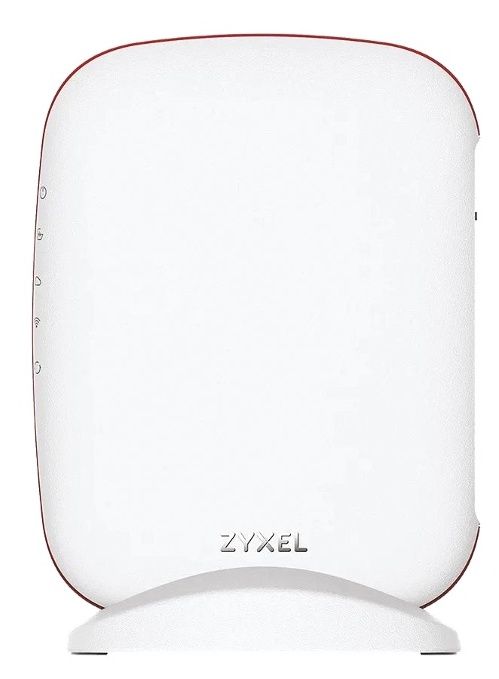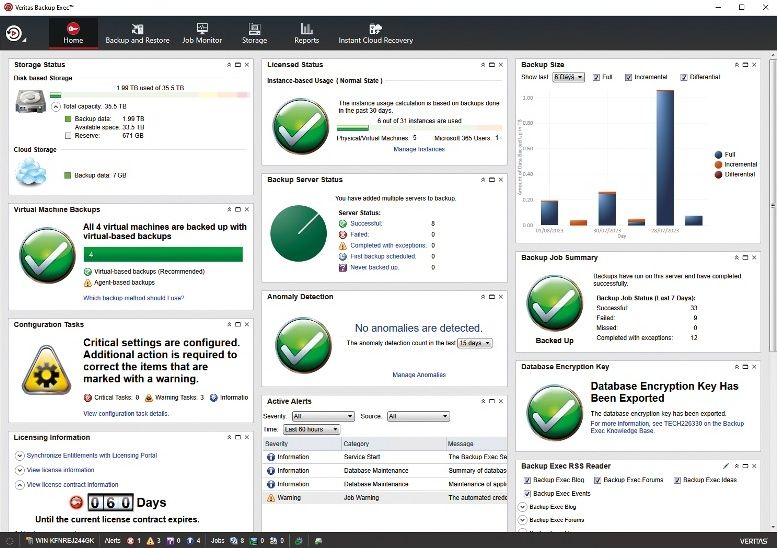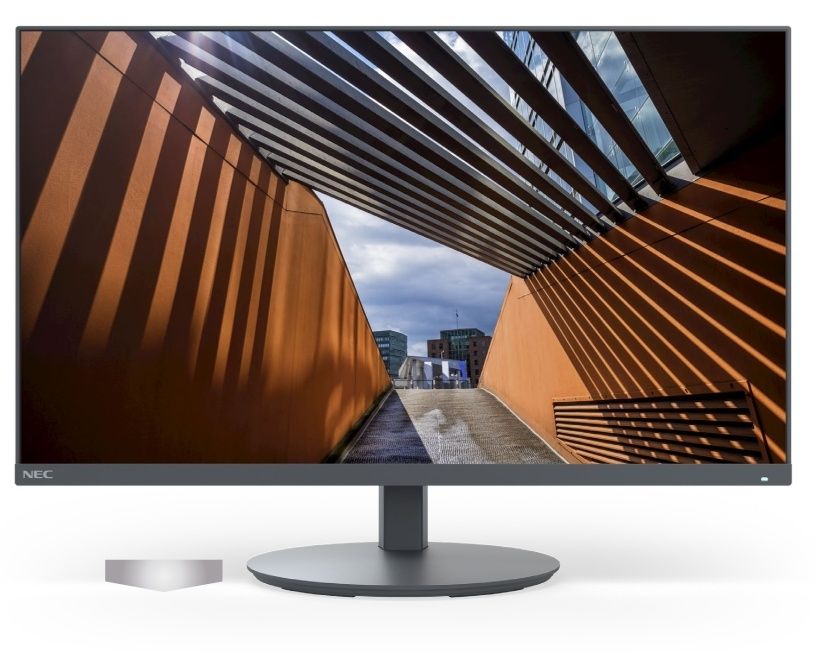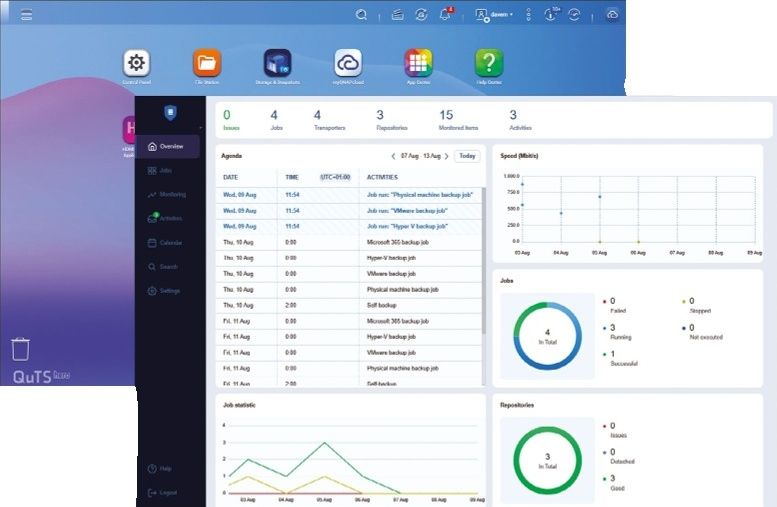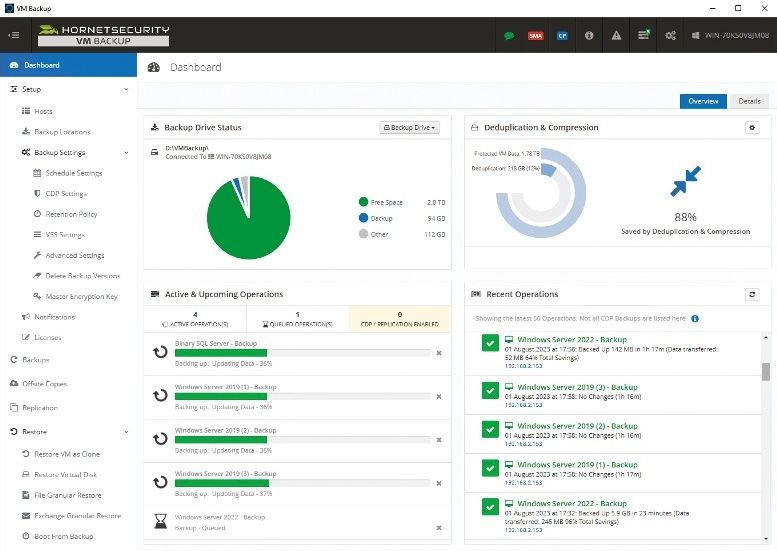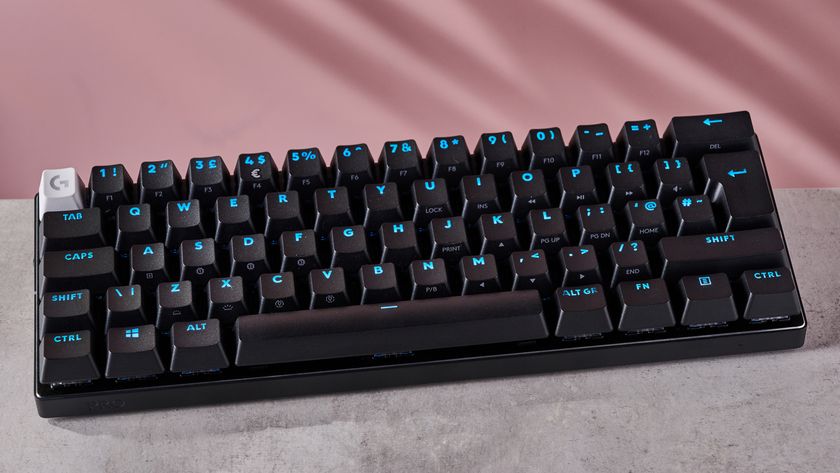Why you can trust TechRadar
We liked
The hardware specification is good for a four-bay NAS in this price bracket, the dual Gigabit networking ports making the NAS540 stand out from the crowd. It's also very easy to get up and running with disks secured in bright orange plastic carriers without the need for screws. And it's quiet, too, with just one large fan keeping everything nice and cool.
Likewise there's a lot to like when it comes to the features of the NAS540, including RAID level 6 support, private cloud capabilities and integration with public services.
We disliked
The user interface was a real disappointment, switching back and forth between a user-friendly desktop and old-style menu-driven GUI. On the plus side it's not that difficult to get to grips with, it's just a shame that Zyxel hasn't managed to port the bulk of its OS to the new interface yet. Working out how to set up some of the options wasn't made particularly clear either – a bit more documentation and less ambiguous error messages would make life a lot easier for newcomers.
Final verdict
To succeed in the highly competitive NAS market you need a product able to compete in terms of not just price, but performance, features and ease of use. Zyxel's NAS540 makes the grade on price and, to a reasonable extent, features, but lags in the performance stakes and really falls down when it comes to usability.
These are all real issues given the crossover market it's aimed at, with plenty of better finished products available from other vendors targeting the same home to business sector.

Hostinger has just added a super useful free feature for SMBs looking to get visitors and customers to their websites
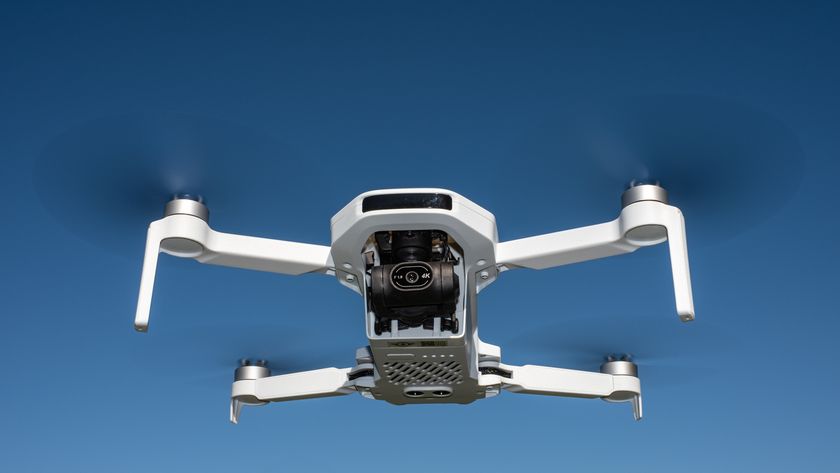
I've spent hundreds of hours testing drones, and the Potensic Atom 2 is easily the best DJI alternative I've flown

5 of my favorite thriller movies are new to Hulu in April, including one with 91% on Rotten Tomatoes
